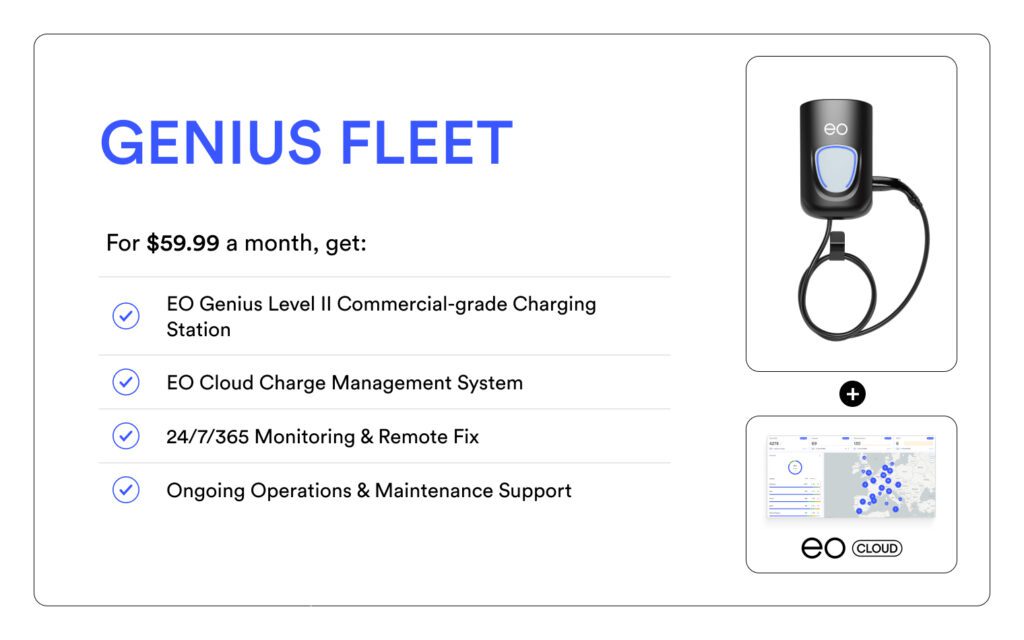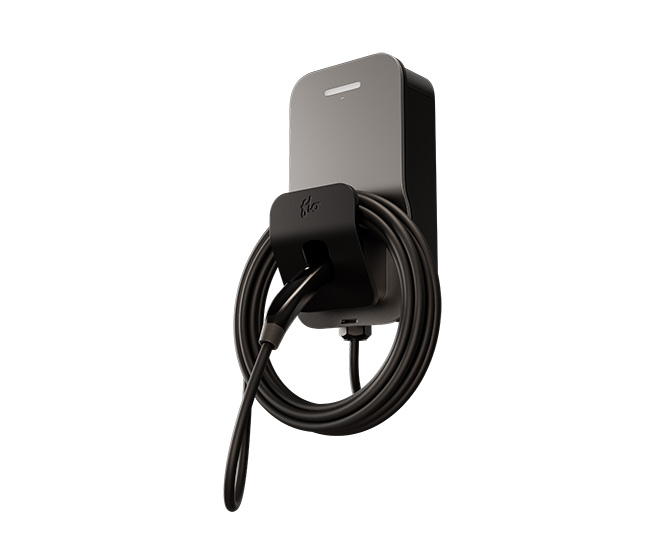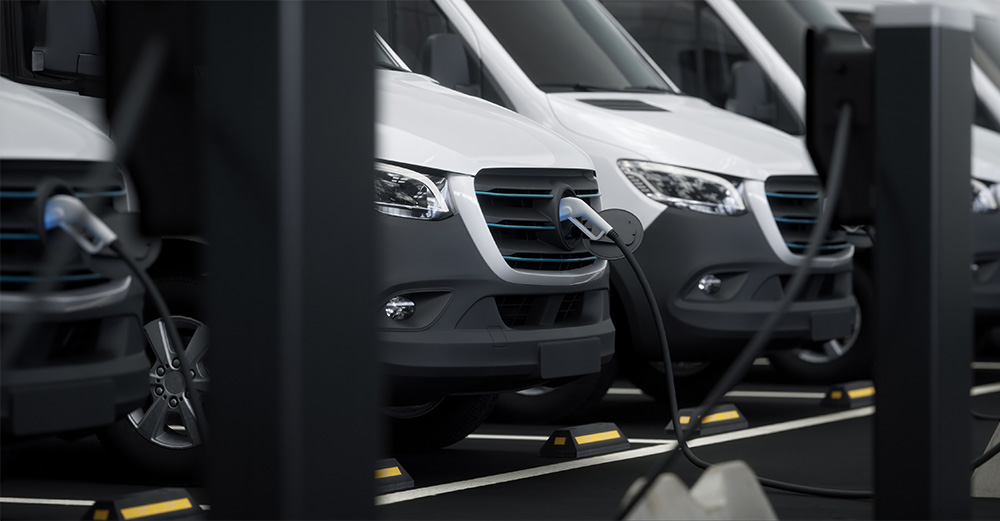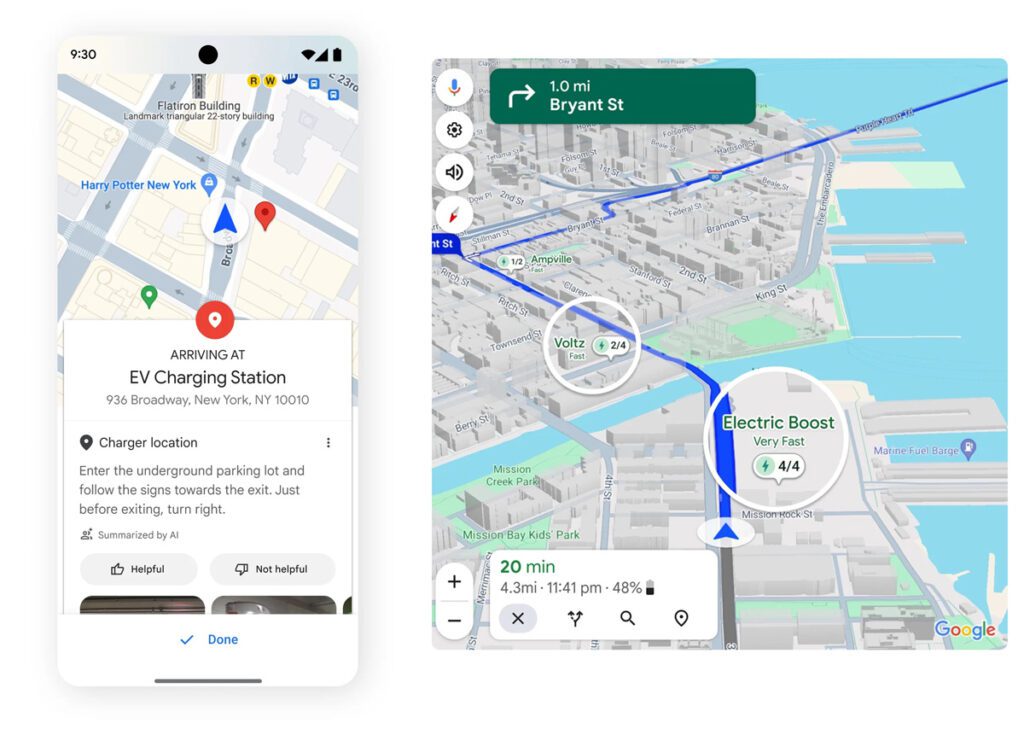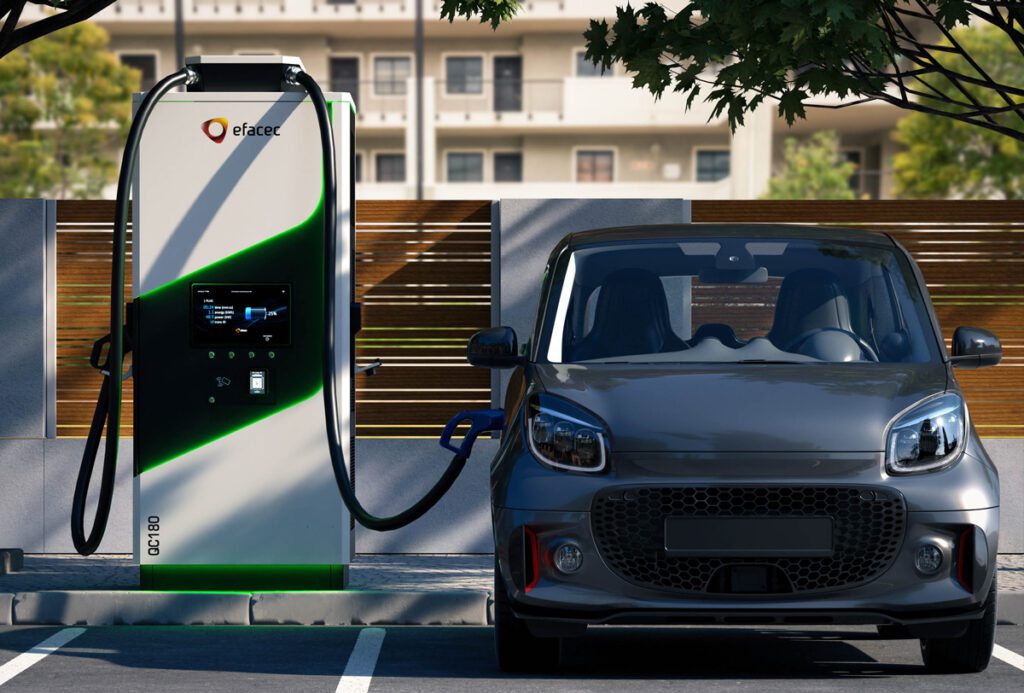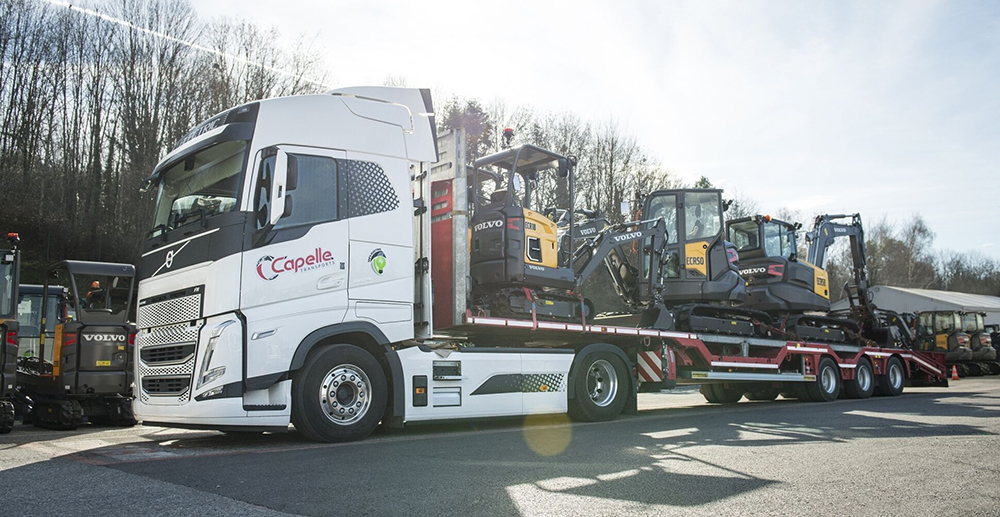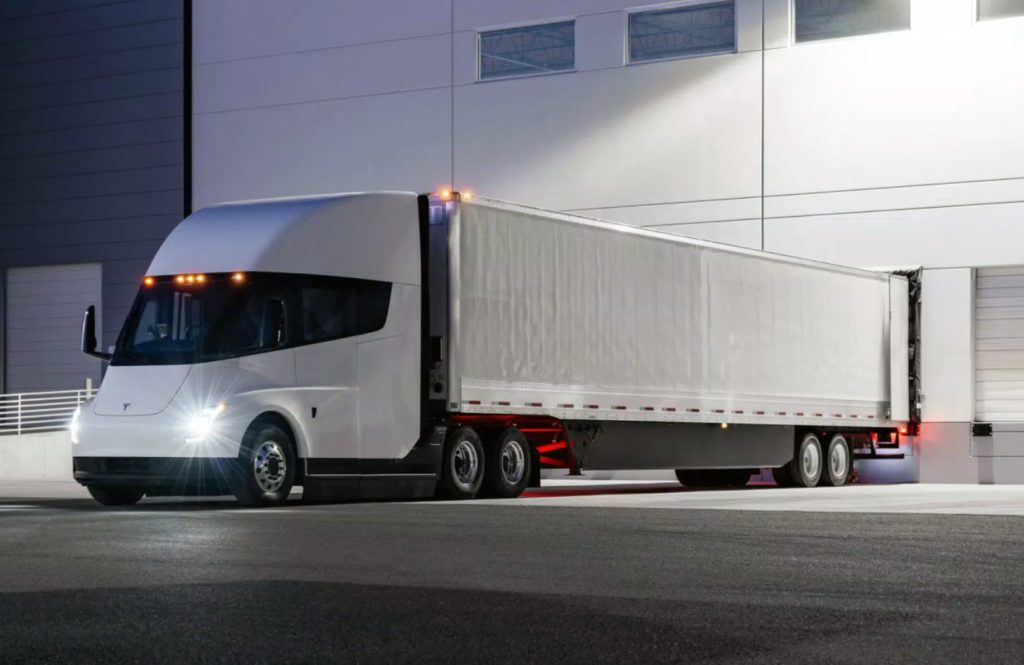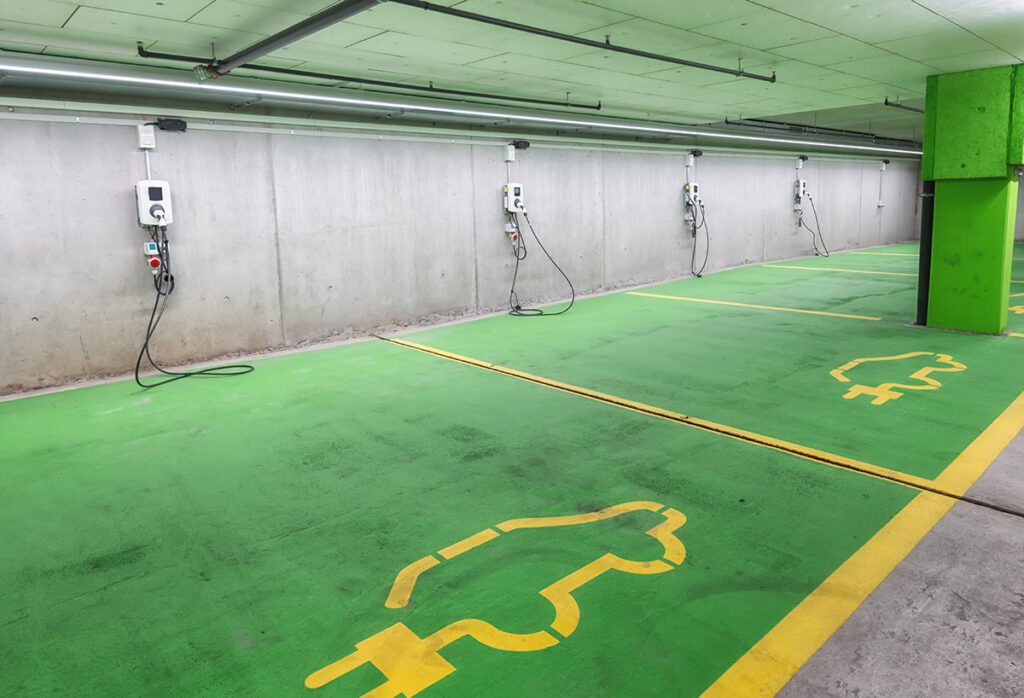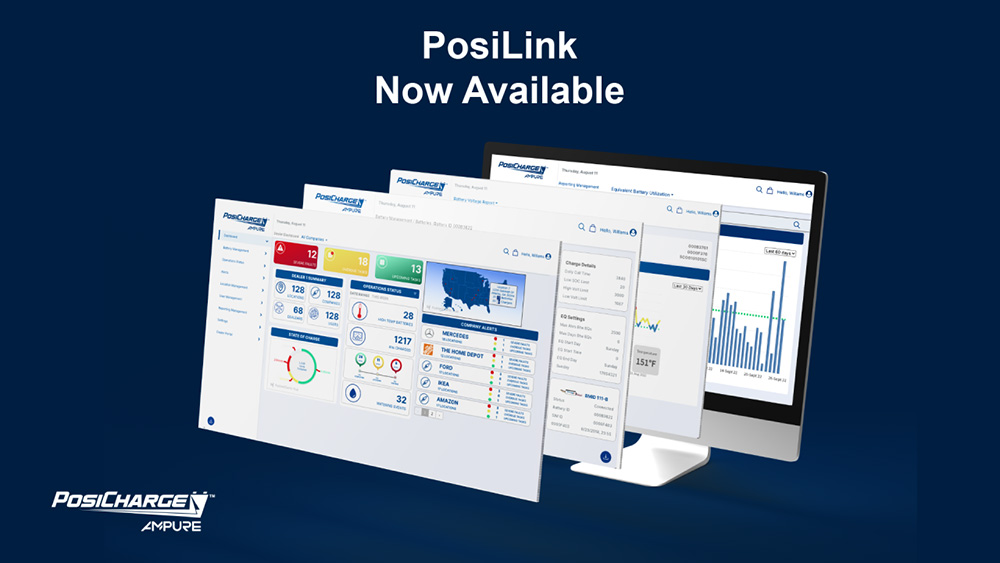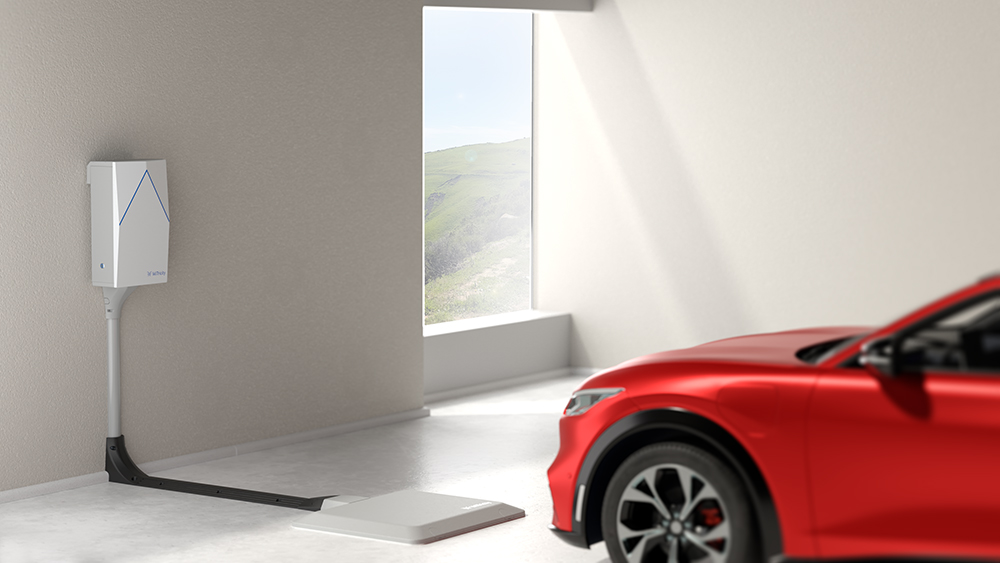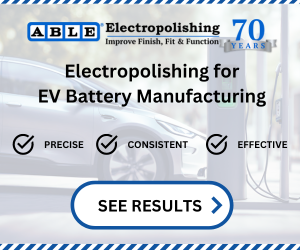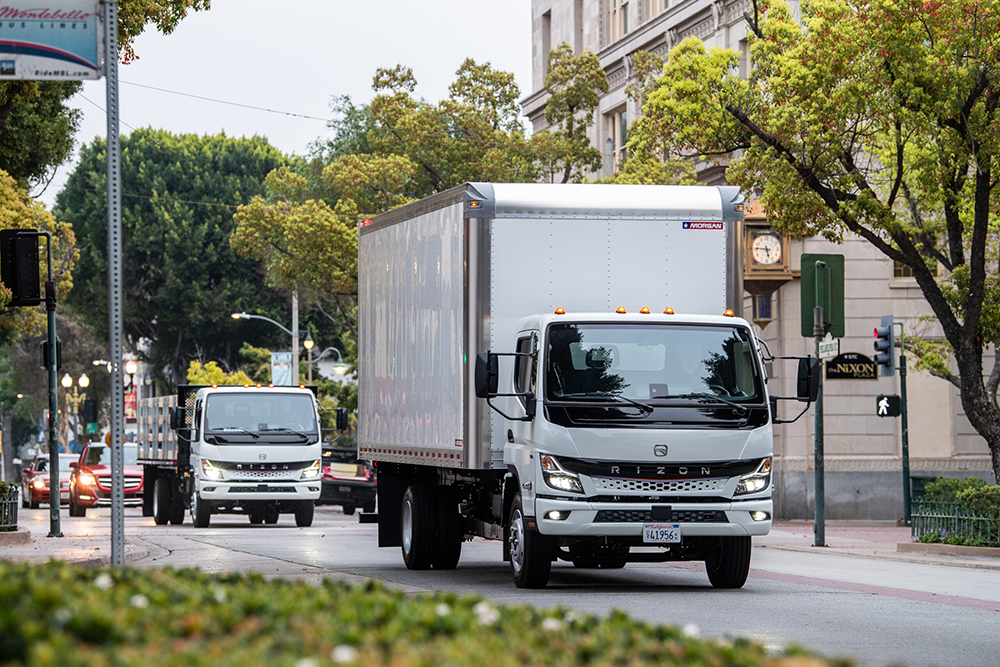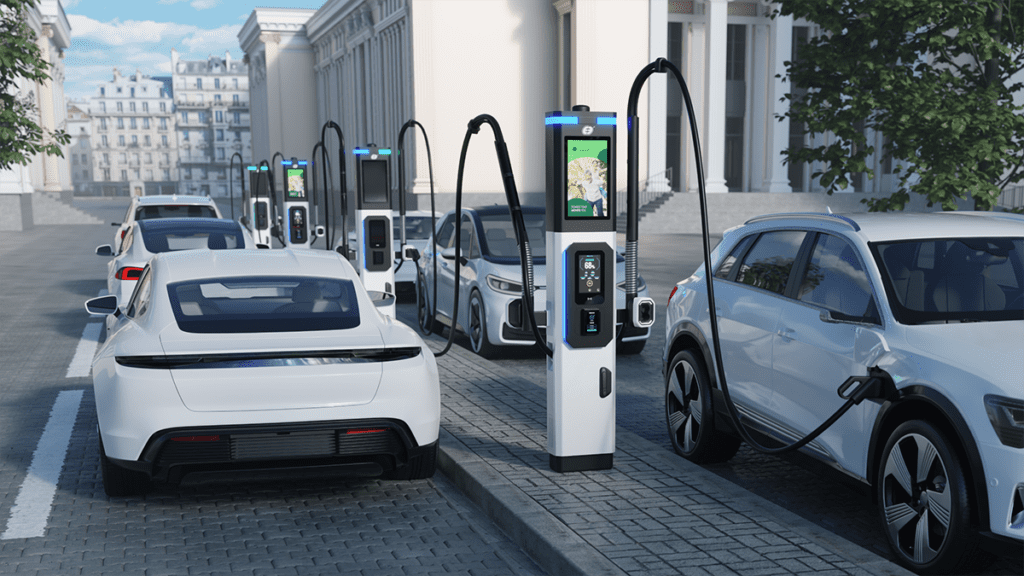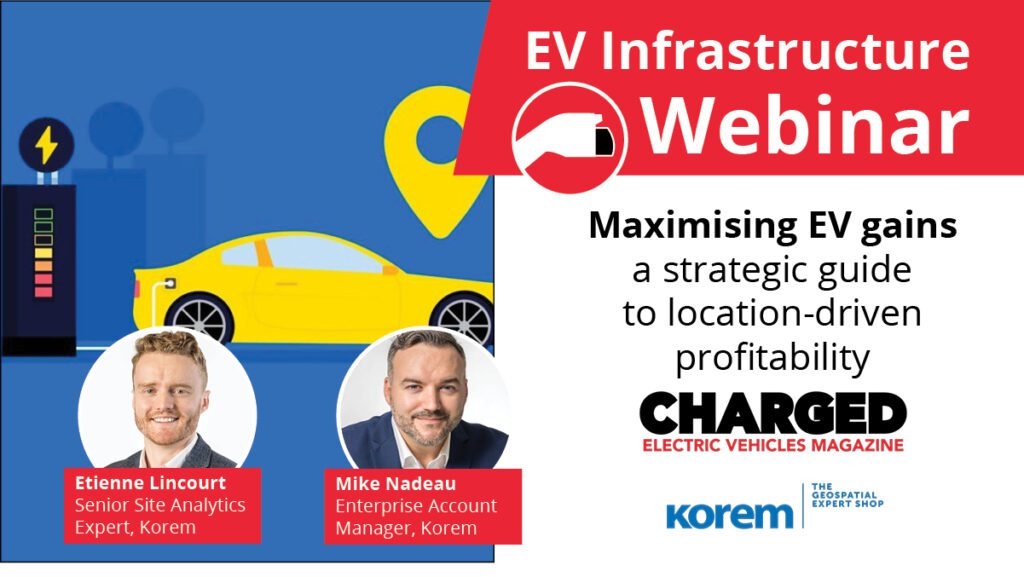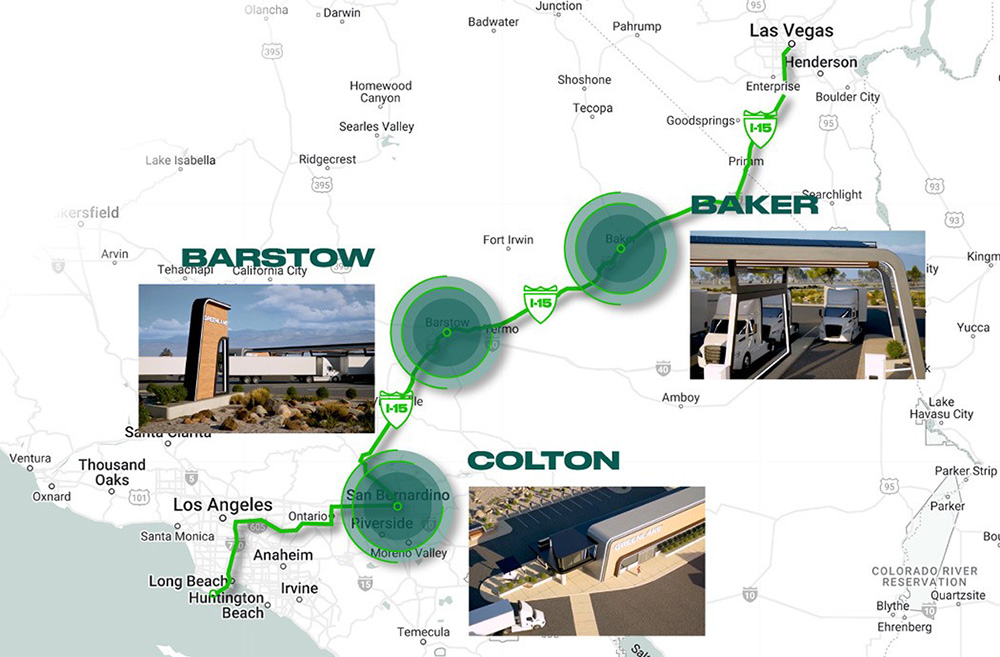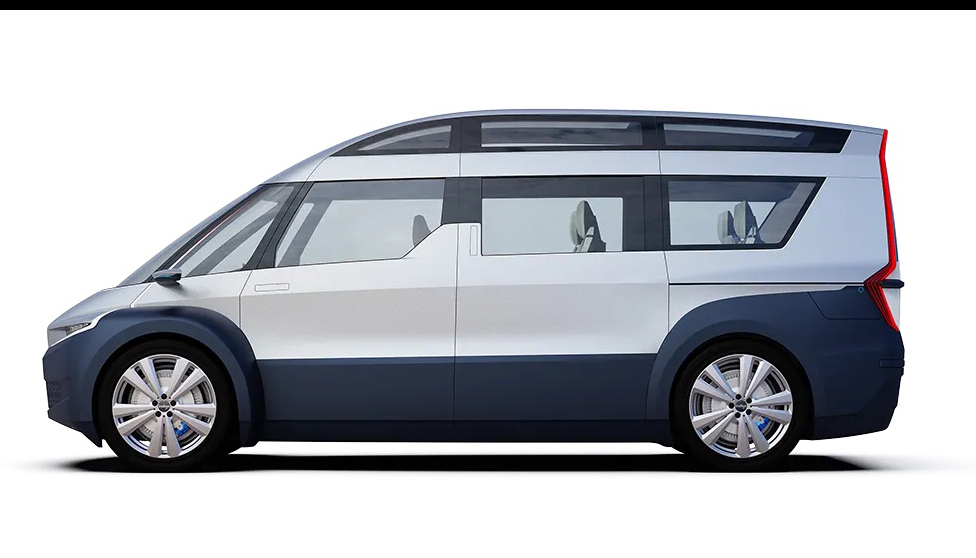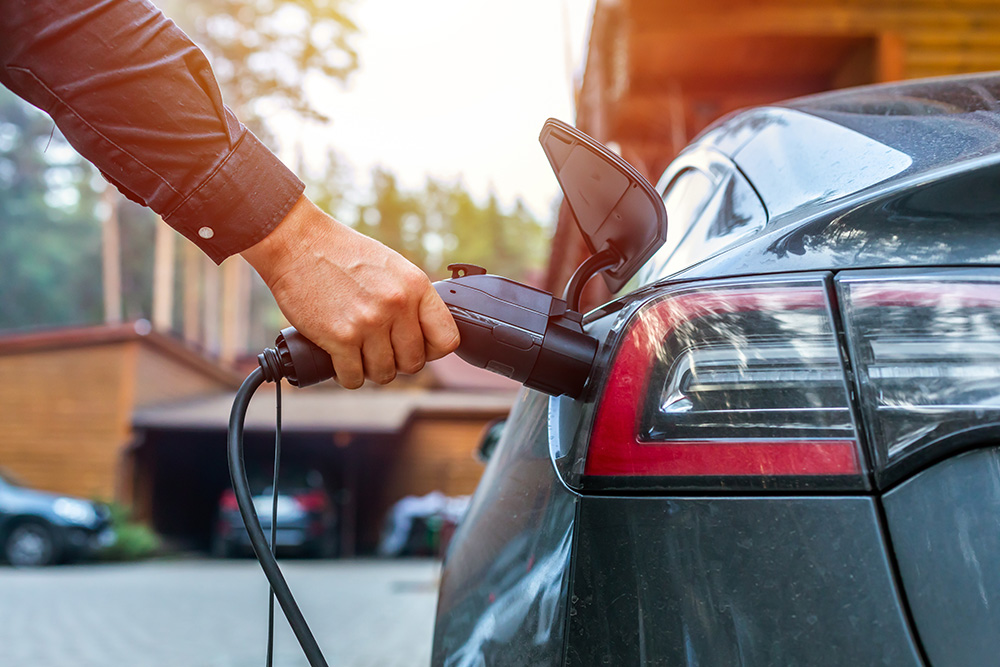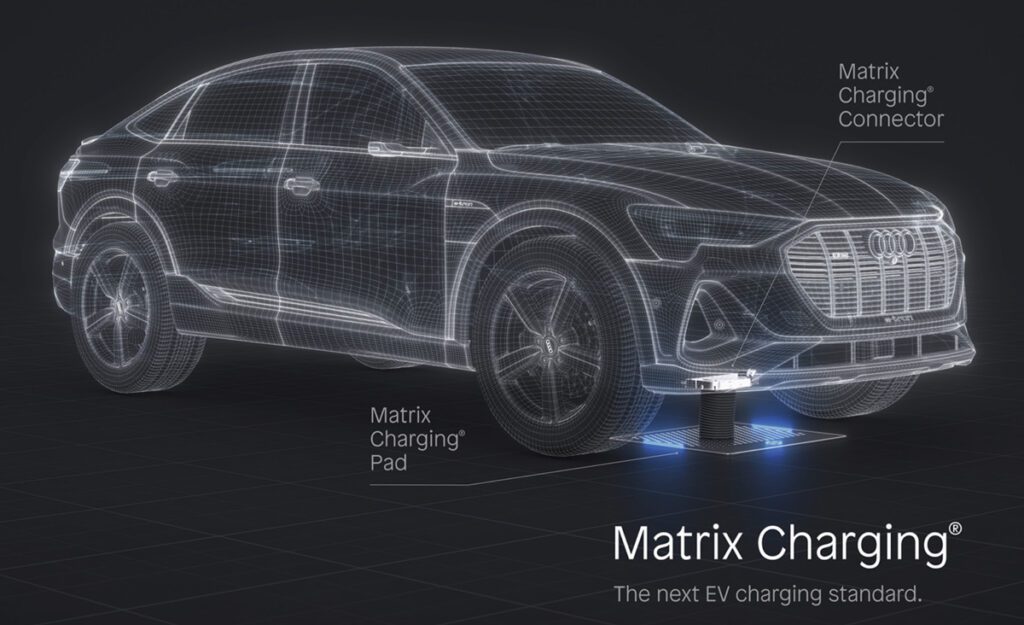Reasonable minds disagree on whether hydrogen has a role to play in the clean-energy future, or whether it’s just a vehicle for oil-company greenwashing. However, it’s becoming clear (to scientists, if not to politicians) that batteries are superior to fuel cells for most road transport applications.
A new study published in the journal Nature Electronics (via Recharge) argues that hydrogen fuel cell cars and trucks have little chance of becoming commercially viable, and that the urgency of the climate crisis demands that decision-makers focus on battery-electric vehicles.
“Hydrogen will play a vital role in industry, shipping and synthetic aviation fuels. But for road transport, we cannot wait for hydrogen technology to catch up, and our focus now should be on battery-electric vehicles in both passenger and freight transport,” writes Dr. Patrick Plötz, of the Fraunhofer Institute for Systems and Innovation Research (ISI). “The window of opportunity to establish a relevant market share for hydrogen cars is as good as closed.”
Dr. Plötz points out that at the beginning of 2021, there were about 25,000 hydrogen fuel-cell cars on the road, two FCEV models available to purchase (the Toyota Mirai and Hyundai Nexo), and about 540 hydrogen filling stations in operation around the world. “In contrast, by the beginning of 2022, there are likely to be about 15 million battery-electric and plug-in hybrid vehicles on the road across the world. Almost all manufacturers now sell such vehicles, with more than 350 models available globally.”
Recent technological developments have eliminated the main arguments in favor of FCEVs—longer range and shorter refueling times. “When battery-electric vehicles had limited ranges of under 150 km, and charging took a few hours, there was an important and large market segment for fuel cell vehicles: long-distance travel,” says Dr. Plötz. “But battery-electric vehicles now offer about 400 km real-world range, and the newest generation use 800 V batteries, which can be charged for a range of 200 km in about 15 minutes.”
Even in the trucking sector, batteries have left fuel cells behind. Plötz says there are currently some 30,000 battery-electric trucks in operation, most of them in China. “Fuel cell electric trucks, on the other hand, have only been operated in test trials (from two manufacturers) to date and are not yet commercially available.” Over 150 medium- and heavy-duty battery-electric truck models have been announced.
“The current challenge for battery-electric vehicles is long-haul logistic operation (with an average of 100,000 km per year) and transport of very heavy goods (which implies high energy consumption per kilometer),” Plötz writes. “This is the use case often discussed for hydrogen trucks. Several truck manufacturers, as well as fuel cell and infrastructure providers, have joined forces and announced a target of 100,000 fuel-cell trucks on European roads by 2030. But this seems very unlikely when contrasted with announcements from the companies about the earliest start date for the production of commercial series fuel cell electric trucks being in 2027. By that time, the second-generation battery-electric vehicles will already be commercially available and in operation.”
Plötz explains that, while long-haul trucking of more than 500 km per day “poses a challenge” for battery-electric trucks, European regulations require truck drivers to stop for a 45-minute break after every 4.5 hours of driving. “Within 4.5 hours, a heavy truck could travel up to around 400 km, and thus practical [battery] ranges of about 450 km would suffice, if high-power fast charging for battery-electric trucks was widely available.”
Plötz notes that specifications for the new megawatt charging system (MCS) standard, which could enable charging levels as high as 3.75 MW, are expected to be announced by the end of 2022, and a final standard is expected in 2023.
Source: Recharge
















































